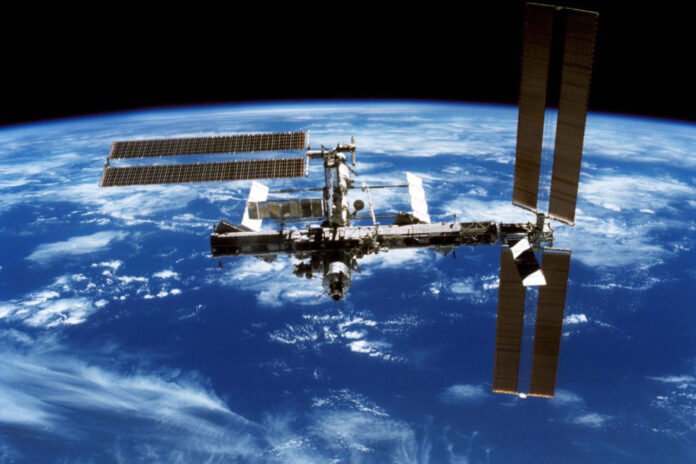Paris: Space has become a war-fighting domain, an assessment that calls for doctrinal changes and the ability to intervene there more quickly, space-force leaders from several NATO countries said at the Space Defence and Security Summit here.
“The rule-based international order in space is nearly over,” said Brig Gen Jürgen Schrödl, a division head with responsibility for space at the German Ministry of Defence’s strategy and operations department. “We have to accept that space is a tested domain, is a war-fighting domain, is becoming a war-fighting domain.”
The language is a step up from more diplomatic assessments at the summit last year, when military space leaders discussed growing threats to in-orbit assets, without going as far as describing space as a potential war zone or battlefield. Global governments in the past two years spent more of their space budgets on defence than on civil space, according to data from summit organiser Novaspace.
Of the $73.1 billion in global government spending on space defence and security in 2024, more than a third was classified, the consultancy says.
“What you see is that it is now the military domain that is leading,” Hermann Ludwig Moeller, director of the European Space Policy Institute, said at the conference. “This is really clear compared to last year, the language and what is behind the language has shifted.”
More than 200 anti-satellite weapons now circle Earth in different orbits, said Brig Gen Christopher Horner, commander of 3 Canadian Space Division. While he didn’t provide details on their nature, he said that is a “shocking number of capabilities” to threaten allied space capabilities including satellite communications to Earth observation.
While hostile action in space is not new, “things are accelerating very fast,” said Maj Gen Vincent Chusseau, commander of French Space Command since August. “Space is a really full operational domain, we talk about war fighting in space.”





